If you’re planning on going on safari for the first time, you’re bound to have plenty of questions about this exhilarating journey. If you’re still deciding where or when to go, chat with one of our trip designers and they’ll be more than happy to help you. The below guide is here to offer you some practical tips which will prepare you with what you need to know before going on safari. As always, if you have more questions, get in touch with us!
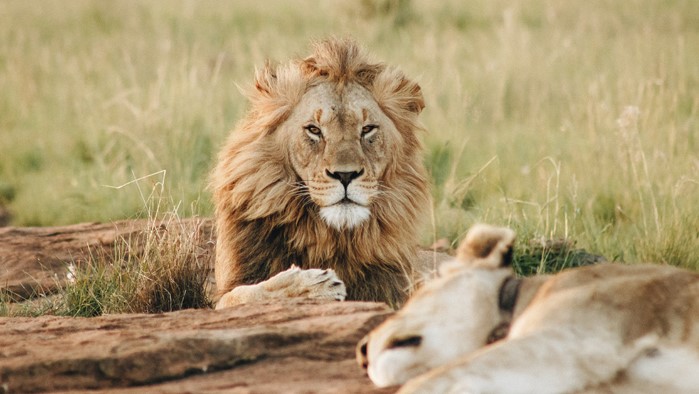
Here are the highlights of what you need to know before going on safari:
1. Organize your visa
Some countries will require you to have a visa in addition to your passport. You can apply for the visa online, but make sure you leave plenty of time for it to be approved. It generally takes about 60 days for the visa to process. In some cases, you can purchase the visa on arrival, but no one wants to waste precious wildlife spotting time on their trip!
Not sure if you need a visa? Ask your Elevate trip designer!

2. Get vaccinated
It’s best to visit your doctor at least a month or two before leaving to seek the necessary vaccinations needed for developing countries. While it’s rare you’ll actually catch something, it’s always best to be prepared.
A couple of months before departure we’ll send you an email to let you know the vaccines you’ll need and when you should have them done by.
3. Pack light
Pack as light as possible. You don’t want to end up carrying your heavy load from one place to the next. During the day, the temperature can get quite high so opt for lightweight clothing as well as light in color. At night, when the atmosphere cools down, be prepared with layers and a reliable jacket.
A hat and a good pair of walking boots are a must-have for safari. Note that your clothes will probably get dirty so earthy tones are always a good choice.
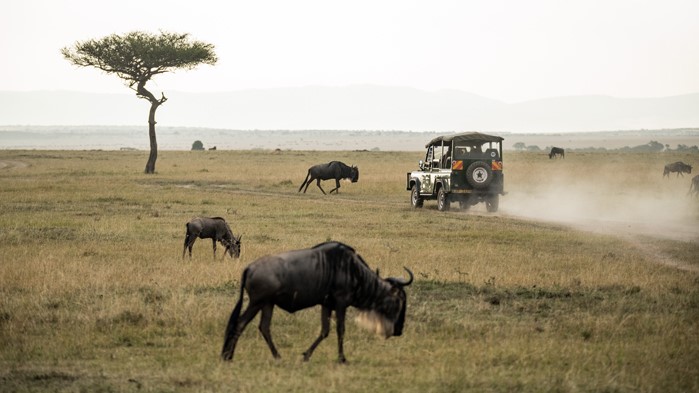
4. Interact with your guide
Your guide won’t just take you through the safari. Instead, they can make your safari far more memorable if you communicate with them. The guides are extremely knowledgeable, so feel free to ask away about any questions you may have, even if it seems irrelevant.
Don’t be hesitant about asking them to stop the vehicle if you’ve spotted an animal or want to get a particular photo. The better the relationship you have with your guide, the better your trip will be.
Above all, remember your guide is human and likely to have their imperfections, so be patient and flexible. Express your wants and safari desires to them so they can give you the best outcome possible. Interacting with your guide can really take your trip from great to incredible.
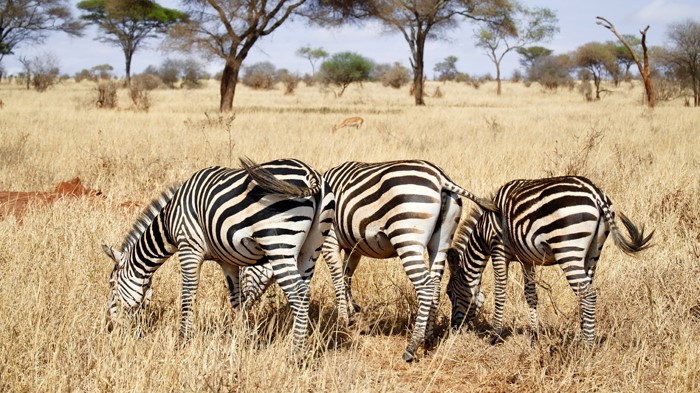
5. Follow the rules
The rules are there for the safety of you and the wildlife. If it’s forbidden to walk in certain areas or you see signs to keep out, then you must show respect. If you’re tempted to get out of the vehicle to get a better photo, instead ask your guide if they can move the vehicle to a better vantage point.
6. Be prepared for great photos
There’s nothing worse than a flat battery in your camera when the perfect shot appears in front of you. Be prepared and pack extra batteries and memory cards. A good quality camera with a zoom lens will give you the best pictures. Turn the flash off at all times as the bright light can disturb the animals.
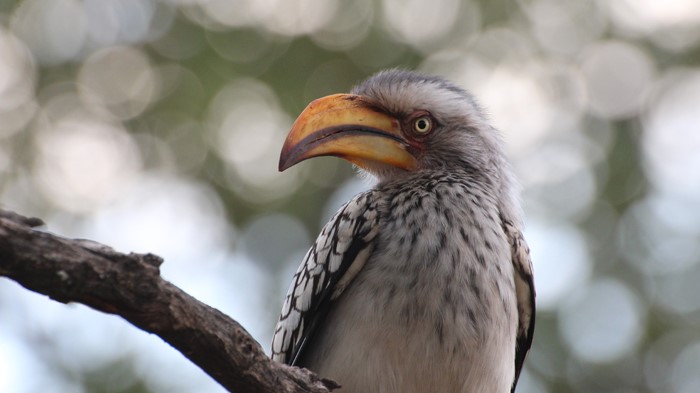
7. Consider the time
Safari animals are most active at dusk and dawn, therefore, booking game drives for the early morning or evenings should give you the best opportunity to see some incredible wildlife. Evenings will give you a chance to witness some nocturnal animals.
If you want to have a game drive at night let your trip designer know so they can have it organized in advance.
8. Respect the wildlife
When you are in foreign territory, give respect to others and you will be respected in return. This also goes for wildlife. Watching animals in their natural habitat is exhilarating. As tempting as it is to reach out of the vehicle and touch an animal, even if you don’t consider it dangerous, is highly discouraged. Also, try and refrain from raising your voice with excitement as this can be intrusive for the wildlife around you. Appreciate silently and tread lightly.
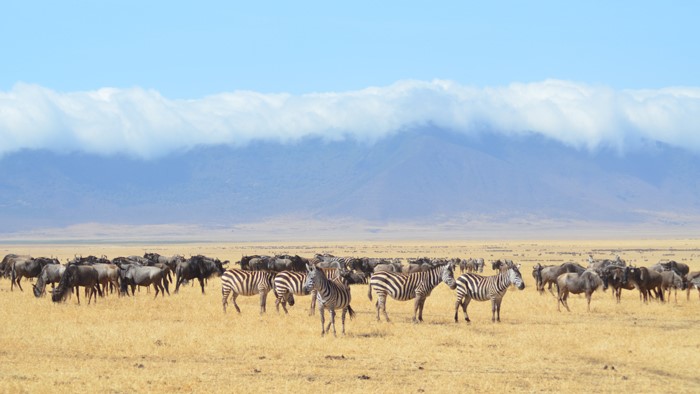
9. Give back to wildlife
Safaris are such a fantastic way to realize the breath-taking beauty our planet has to offer. So many of our travelers express that it was a life change experience for them. On safari, you will witness firsthand the importance of preserving these precious species.
Here at Elevate, we only work with tour companies who prioritize conservation through their safari tours and give back to the wildlife. If you decide to organize a tour on your own, do extensive research to make sure you’re giving money to a reputable company.
10. Be accepting and flexible
Every safari is unique, and while we all hope to see the Big 5, there is a possibility you won’t. While on a safari you may encounter long periods where you think there is nothing to see. In these times, look for the smaller details. The flora, the insects, and the birds. Carrying a guide book and speaking with your guide can make these “lulls” much more interesting.
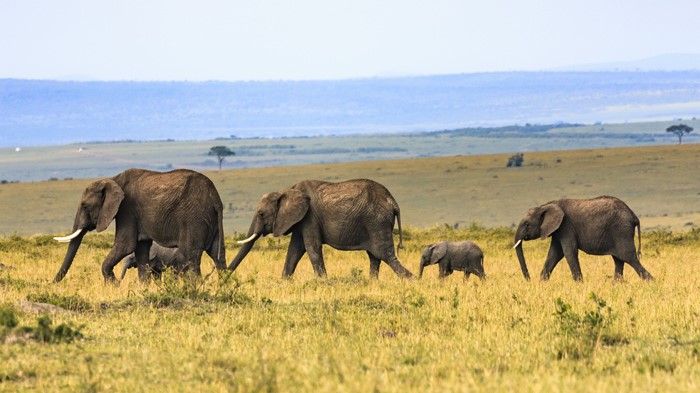
We hope you found these tips about what you need to know before going on safari helpful. We can’t wait for you to go on a safari whether with us or on your own.
If you do need help creating your safari itinerary, get in touch with one of our trip designers to create your life-changing travel experience or browse our most popular safari itineraries here!
